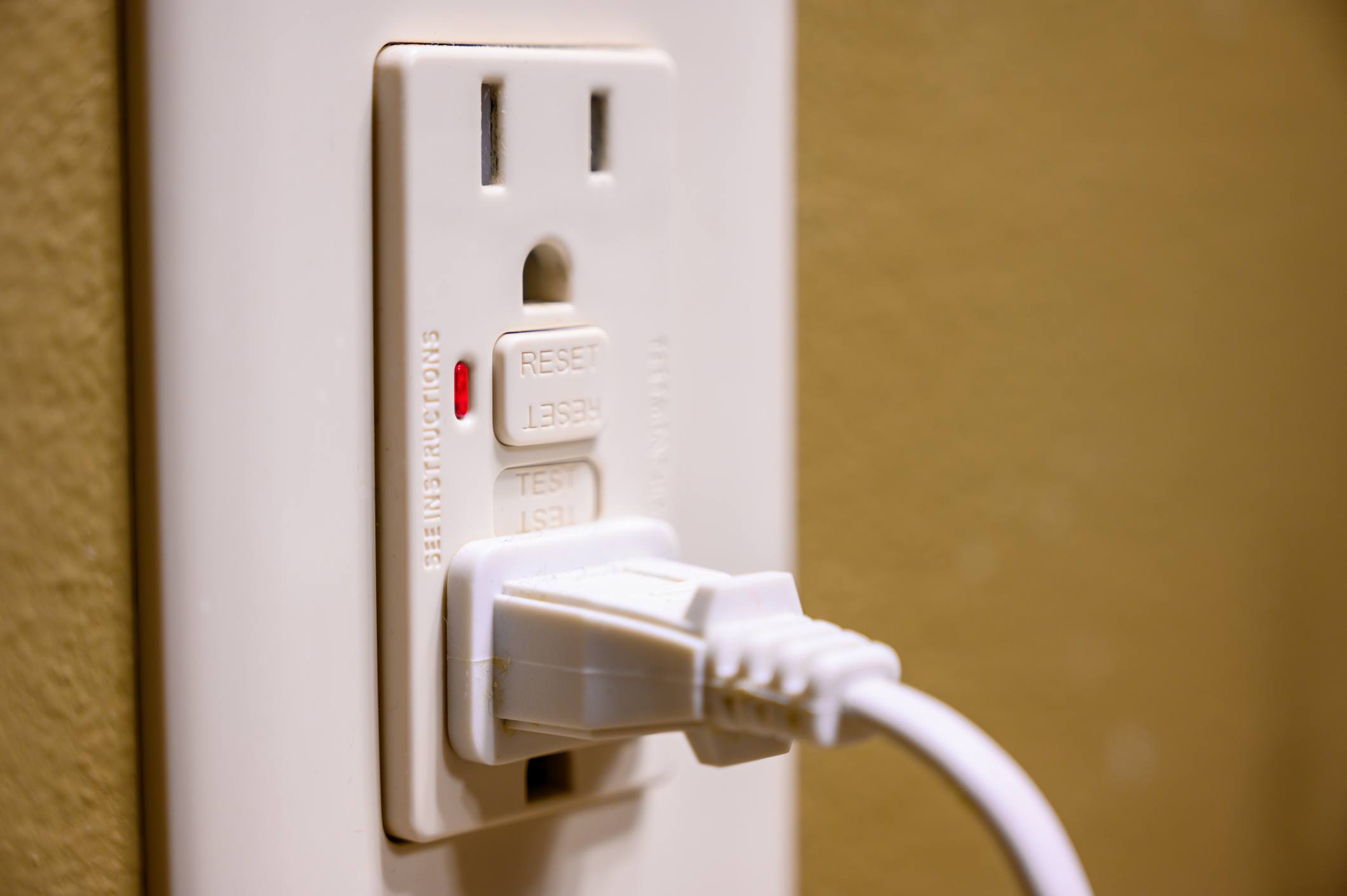Outlet Safety 101: Protecting Your Home from Electrical Hazards
Uncategorized June 17, 2025

Outlets – we use them every day, most likely not even thinking about it. But if outlets are damaged, outdated, or misused, they pose serious safety risks. From fires to shocks, unsafe electrical outlets are one of the most common causes of preventable household emergencies.
At Parrish Services, whether you’re dealing with aging infrastructure in a historic home or making sure your modern space is safe for children, we want to help you with this guide. We’ll cover what Virginia homeowners need to know about outlet safety.
Electrical outlets are such a basic part of everyday life that it’s easy to overlook the dangers they can pose. Here are some of the most common (and preventable) risks:
Worn, overloaded, or damaged outlets are a leading cause of electrical fires. According to the U.S. Fire Administration, electrical malfunctions cause over 24,000 home fires every year.
Unprotected outlets, especially those within reach of small children, can cause serious injury. Even adults are at risk if water, faulty wiring, or damaged devices are involved.
Moisture and electricity do not mix. If water gets into a wall outlet, it can short-circuit and become a major fire or shock hazard. If you notice moisture in or around an outlet, shut off power and call a licensed electrician immediately.
You don’t have to be an electrician to make your home safer. Here are steps you can take right now to improve outlet safety:
If your home was built before the early 2000s and hasn’t had an electrical update, it’s time to inspect your outlets. Two-prong outlets, ungrounded plugs, or outlets without GFCI (ground fault circuit interrupter) protection can all be unsafe by today’s standards.
Signs your outlets are outdated:
For families with young children or pets, safety caps for electrical outlets or safety outlet plugs are a must. These inexpensive tools prevent curious fingers or objects from being inserted into outlets. For even better protection, consider installing tamper-resistant (TR) outlets, which have spring-loaded shutters inside the plug slots.
Outlet cover plates protect the wiring behind your wall and help prevent contact with exposed wires. If they’re cracked, loose, or missing entirely, replace them. Some cover plates are made from flame-retardant materials and offer added protection.
Overloading an outlet happens when you plug in too many high-powered devices into one circuit
Signs of overload include tripped breakers, flickering lights, or hot outlets. Use power strips with built-in circuit breakers and spread high-wattage appliances across multiple circuits when possible.
Not all extension cords are created equal. Look for ones that are UL-listed (Underwriters Laboratories), which means they’ve passed independent safety tests.
Ground Fault Circuit Interrupter (GFCI) outlets are required by code in areas where water and electricity may come into contact. Think bathrooms, kitchens, laundry rooms, garages, basements, and outdoor areas. They are important because:
While some outlet safety improvements are DIY-friendly, others require expert attention. Here’s when to call a licensed electrician like the team at Parrish Services:
At Parrish Services, our licensed electricians serve Manassas and surrounding Northern Virginia communities with top-quality electrical services, always backed by the trusted Ace Hardware Home Services brand. Whether you need a single outlet replaced or a full-home safety inspection, we’re here to help.